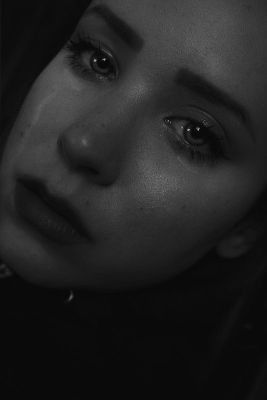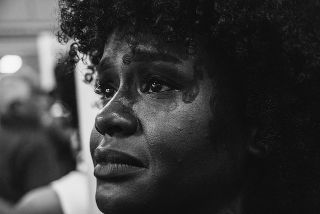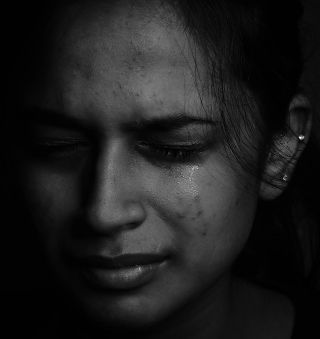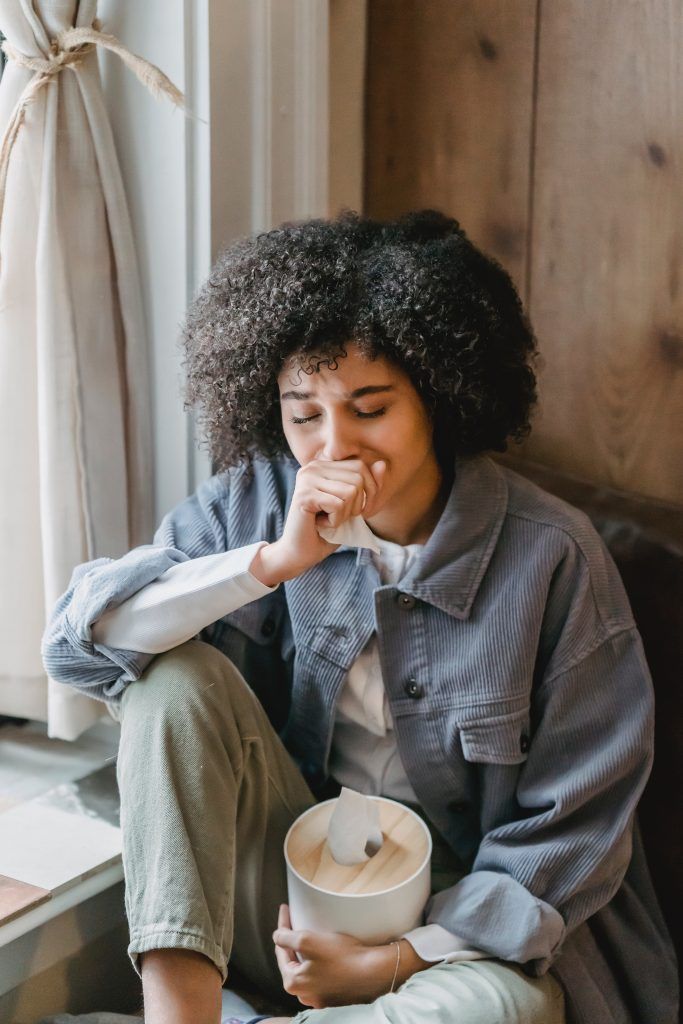
What's the main difference in anxiety and depression.
Two prevalent mental health issues that can significantly affect a person’s life are anxiety and depression. Despite certain similarities, they are unique illnesses that call for various treatment modalities. We shall contrast depression with anxiety in this blog post.(anxiety vs depression)
Definition.
Anxiety is a state of concern, trepidation, or anxiety over a situation whose conclusion is uncertain. It is a typical reaction to stress and, in moderation, can be helpful. However, excessive or persistent worry can significantly disrupt daily life and create significant distress.
Contrarily, depression is a mental illness marked by enduring feelings of melancholy, hopelessness, and lack of interest or pleasure in once-pleasurable activities. Depression can impair one’s capacity for functioning and result in physical symptoms like exhaustion, changes in appetite, and trouble sleeping.

Symptoms.
Even though depression and anxiety can have similar symptoms, there are also some significant distinctions between the two.
Typical signs of anxiousness include:
Agitation or a feeling of tension.
Difficulty paying attention.
Irritability
tense muscles
disruptions in sleep.
Fear strikes.
The following are typical signs of depression:
Long-lasting dejection or hopelessness.
Loss of interest in once-enjoyable activities.
Modifications to appetite and weight.
Disruptions in sleep.
Low energy and weary.
Difficulty paying attention.
Suicidal or death-related ideas(https://www.mayoclinic.org/diseases-conditions/depression/symptoms-causes/syc-20356007)

Causes.
Genetic, environmental, and psychological variables can all contribute to the development of anxiety and depression.
Stress, trauma, or a family history of anxiety disorders can all be sources of anxiety. It might also be a side effect of a few drugs or a health problem.
A significant life upheaval, like a loss or trauma, as well as hormone imbalances, chronic illnesses, or a family history of sadness, can cause depression(https://www.mayoclinic.org/diseases-conditions/anxiety/symptoms-causes/syc-20350961)

Treatment.
Depending on the intensity of the symptoms and the underlying causes, many treatments are available for anxiety and depression.
Treatment methods for anxiety may comprise:
Cognitive-behavioral therapy (CBT) is one type of treatment.
Selective serotonin reuptake inhibitors (SSRIs), for example,
Exercise, stress-reduction methods, and relaxation techniques are examples of lifestyle improvements.
Treatment methods for depression could include:
Interpersonal therapy (IPT) or cognitive behavioral therapy (CBT) are two types of therapy.
Antidepressants are one example of a medication.
Lifestyle adjustments like regular exercise, a balanced diet, and stress management methods.(https://www.nimh.nih.gov/health/topics/anxiety-disorders/index.shtml)

Conclusion.
Despite certain similarities, anxiety and depression are separate diseases that require different approaches to treatment. It is crucial to get professional assistance from a mental health expert if you or someone you love is suffering from depression or anxiety symptoms. The management of chronic illnesses and enhancement of quality of life are manageable with the appropriate care and assistance.Here is a reliable resource for a crucial manual on managing these disorders:(https://adaa.org/)

